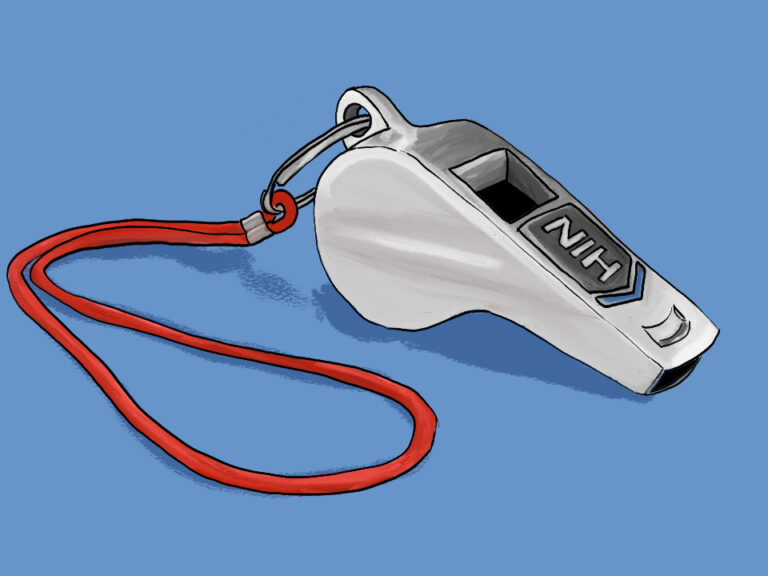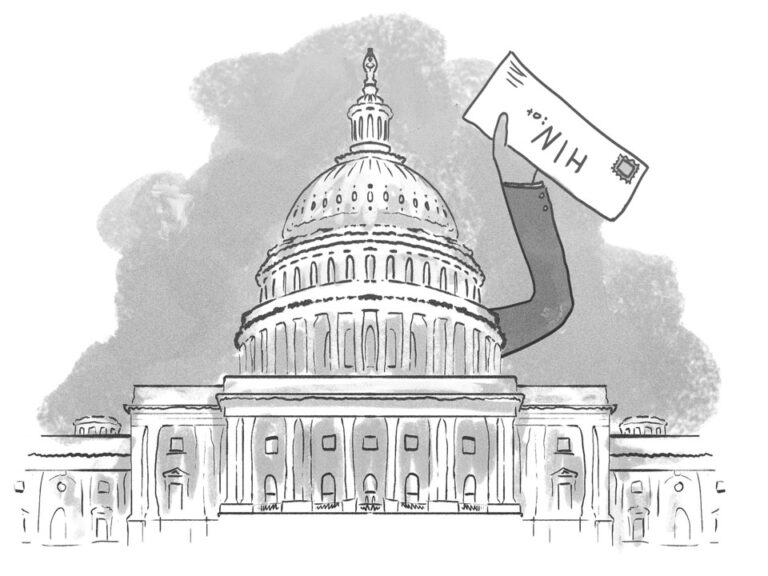This series led to a reconfiguration of policies on sexual harassment, misconduct, and gender bias across biomedical research and academic medicine—and directly resulted in an August 2021 congressional letter that demands answers from NIH on policies to address sexual misconduct.
The investigation builds off The Cancer Letter‘s 2020 survey on gender bias and sexual harassment in academic oncology (The Cancer Letter, Oct. 2, 2020). The study found that the majority of women in academic oncology who encountered these incidents chose not to report to their institutions. All the women who did lodge complaints rated their institutions’ response as inadequate or retaliatory (failure rate = 100%).
A follow-up story focused on Axel Grothey, a prominent GI oncologist who had been given the option to resign from Mayo Clinic due to unethical sexual relationships with women he mentored. The investigation unearthed reprimands against Grothey in three states for sexual misconduct—Tennessee, Minnesota, and Arizona—and revealed inaction by NIH leaders, who had been informed of Grothey’s misconduct through whistleblower reports.
Three reprimands notwithstanding, Grothey had kept his appointment as co-chair of the NCI National Clinical Trials Network’s Gastrointestinal Steering Committee, an influential group that reviews ideas for clinical trials and helps determine the priorities in federally funded clinical research in GI oncology.
After The Cancer Letter informed NCI officials about Grothey’s track record and requested comment, then-NCI Director Ned Sharpless removed him from the steering committee effective May 27, 2021. The investigation sparked a movement on social media, prompting a cascade of responses from leading healthcare organizations and institutions.
In August 2021, a House subcommittee demanded answers from NIH on policies to address sexual misconduct, based on The Cancer Letter‘s coverage.
NIH responded, stating that the agency may be “constrained” from investigating sexual misconduct at NIH-funded institutions once alleged perpetrators are no longer affiliated with grantee institutions. NIH officials, including then-NIH Director Francis Collins, have said that NIH is unable to require reporting of sexual misconduct by outside entities.
A bill to address under-reporting of misconduct has been passed in Congress. It contains a disclosure provision that gives NIH the authority to issue regulations that delineate reporting requirements for institutions receiving NIH funds through grants or cooperative agreements.


























